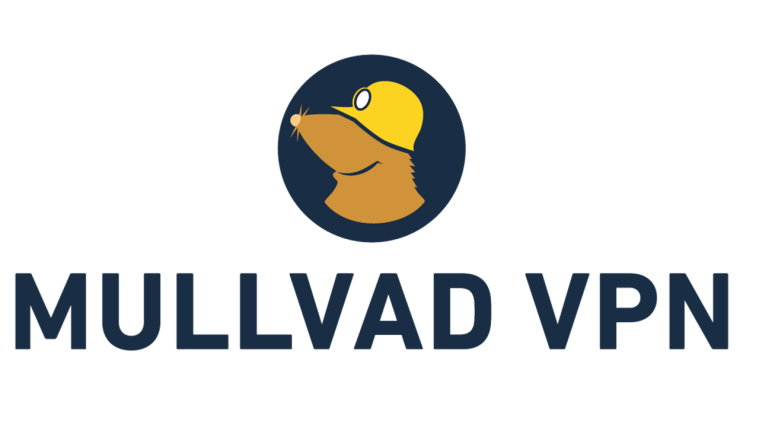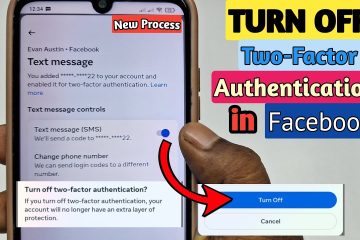The Best VPNs to Protect Yourself Online
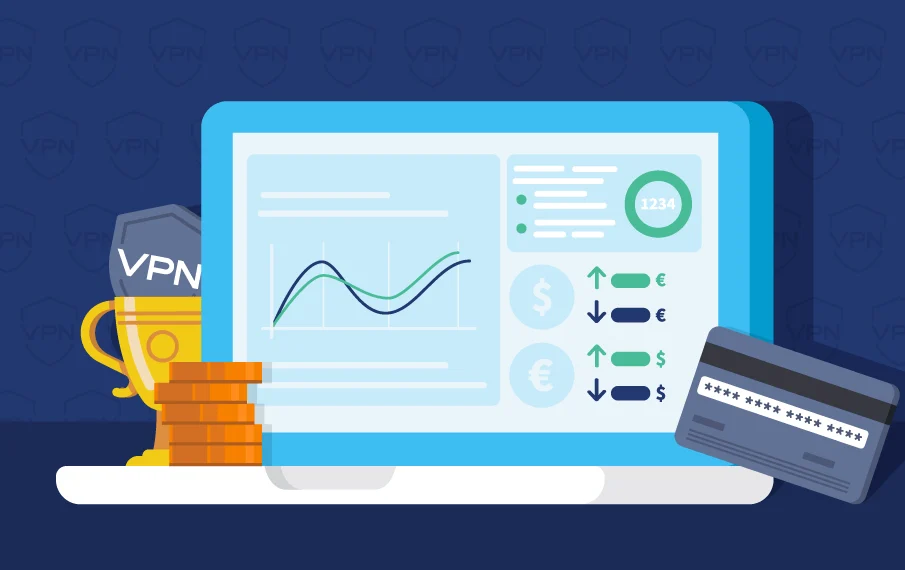
A Virtual Private Network (VPN) functions as a safeguarding pathway allowing you to navigate through a public network while shielding your data from external observers. Whether you’re concerned about concealing your browsing activity from your internet service provider to prevent data selling to advertisers or ensuring security on a public Wi-Fi hotspot to prevent nearby individuals from intercepting your passwords, a VPN can offer protection.
However, while a VPN can ensure your safety at places like your local coffee shop, there are trade-offs. Utilizing a VPN means that your VPN provider will have access to comprehensive information about your browsing patterns, making VPN providers potential targets for hackers. Therefore, it’s crucial to assess whether you truly need one before proceeding.
Selecting the appropriate VPN service is a significant decision. While most VPN providers claim they do not log users’ activity, such claims are rarely substantiated. Consequently, users must rely on the integrity of these companies. To address this concern, we have narrowed down our evaluation to VPN providers that have undergone independent audits by security firms and have made the results public. Among the numerous VPNs we’ve tested, the following eight have emerged as the best options.
To assist you in understanding when and why you might require a VPN, as well as the circumstances where you might not, we recommend reading our comprehensive VPN guide below. If you are certain about using a VPN, we present our top picks among commercial VPN providers.
If you purchase something via links in our articles, we may earn a commission. This supports our journalism. Learn more.
Best 8 VPNs for Most People
Mullvad VPN
After years of testing VPNs, Mullvad is the last provider we haven’t lost faith in. I know that’s not a glowing endorsement, but given the questionable practices of many VPN companies, trusting any of them is a leap. Mullvad stands out as the only one I still trust.
Mullvad has a straightforward approach, avoiding overhyped marketing and instead focusing on helping users enhance their privacy through practical steps. For instance, the company offers guidance on disabling WebRTC in web browsers, which, when enabled (as it is by default in most browsers), can reveal your actual IP address to websites even when using a VPN.
Another notable feature of Mullvad is its acceptance of cash payments. For users seeking total anonymity, Mullvad allows the generation of a random account number, which can then be written on a slip of paper along with cash and mailed to Sweden. This theoretically ensures no link to the user’s identity. While we haven’t personally tested the cash option, we recently extended our Mullvad subscription using bitcoin, which was a seamless process.
Mullvad offers applications for all major platforms, including routers, and all applications are open-source, allowing users to review the code on GitHub. The service has also undergone independent audits. Advanced users have the option to download configuration files for direct use with OpenVPN or Wireguard.
Mullvad VPN costs 5 euros (approximately $6) per month, payable via cash or card.
Proton VPN
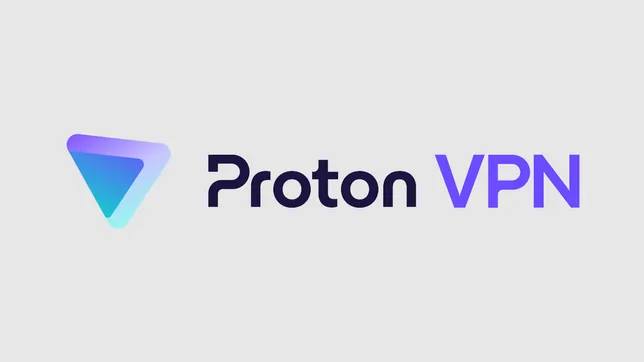
Proton VPN is part of a suite of privacy tools developed by Proton, best known for its encrypted email service, ProtonMail. Based in Switzerland, which has no data retention laws, Proton VPN operates under a no-logs policy. The service has undergone independent audits and maintains a warrant canary page. Proton VPN offers all the standard features expected from a reputable VPN, including support for multi-hop connections, an in-app kill switch, split tunneling, effective geo-evasion for accessing streaming services like Netflix, and torrent support. Additionally, it provides features like ad-blocking, custom DNS, and high-speed streaming.
Proton VPN distinguishes itself by offering a free plan that grants full access to all features available in the regular plan. However, this free plan is limited to a single device and only offers access to three server locations (Japan, Netherlands, and the US). Despite its limitations, it serves as a viable option for users with basic needs who wish to keep costs down.
Proton’s pricing structure may seem complex, as it can be combined with other services to reduce rates. For testing purposes, I opted for a one-year Proton VPN Plus plan, priced at $6 per month. Users who utilize other Proton services may find the Proton Unlimited plan more economical, which grants access to all five Proton services for $10 per month.
Proton’s VPN app is open-source and compatible with macOS, Linux, Windows, Android, and iOS. With the Plus plan, users can connect up to 10 devices simultaneously. Proton VPN utilizes a combination of IKEv2, OpenVPN, and WireGuard protocols for connections. While the app automatically selects the protocol, users have the option to manually select their preferred protocol in the settings. Additionally, the Permanent Kill Switch feature ensures that devices do not reconnect to the internet without VPN protection, even after a reboot.
Proton VPN costs $5 per month with a two-year upfront purchase, $6 per month with a one-year upfront purchase, and $10 per month for monthly payments.
Surfshark VPN
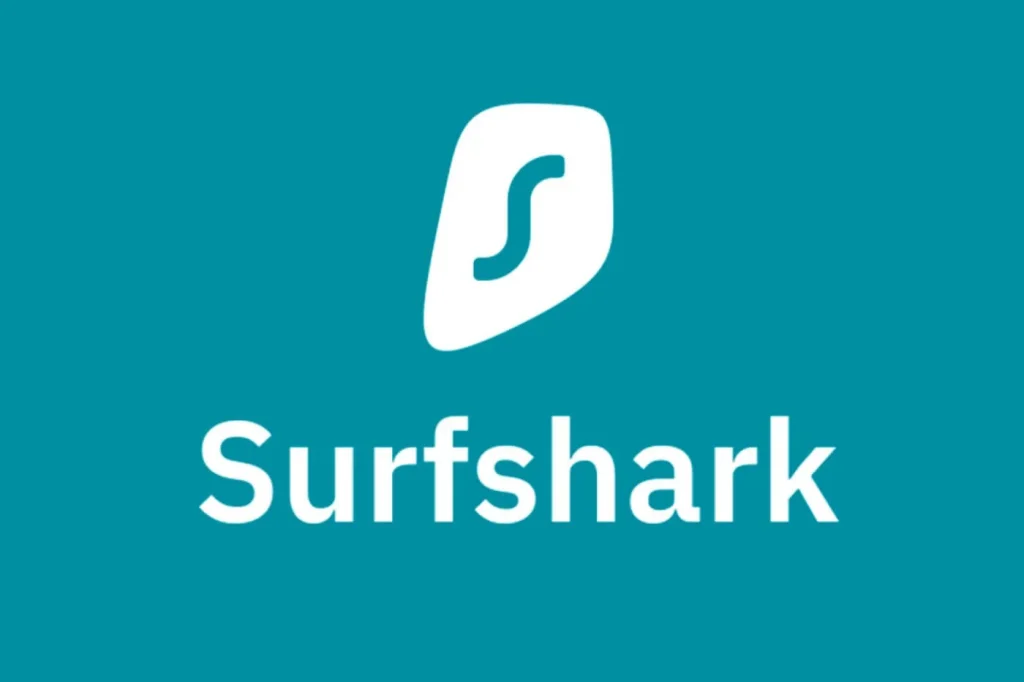
Surfshark may not be my top choice for critical VPN use cases, but for most users, it offers a reliable solution. If you primarily require a VPN to bypass geographical content restrictions (such as accessing Netflix) and secure your traffic on public Wi-Fi networks, Surfshark is an excellent option. It prioritizes security and provides exceptional value for those who opt for a two-year subscription upfront.
Throughout my testing, Surfshark consistently delivered impressive speeds, making it suitable for streaming HD content without significant performance degradation. While it may not match the speed of an unprotected connection, Surfshark ensures a smooth streaming experience for most users.
Surfshark offers a kill switch feature that halts traffic if the VPN connection fails, along with support for multi-hop VPN connections, which add an extra layer of protection by routing traffic through multiple servers. The service also recently introduced manual WireGuard configuration support, offering more flexibility to users. While most users may find Surfshark’s apps sufficient, advanced users can benefit from manual configuration, particularly when connecting their entire network to Surfshark directly through a router.
Surfshark now offers dedicated IP address support. This feature is beneficial for users encountering issues with shared IPs being blocked by certain websites. However, dedicated IP addresses come with an additional cost of $3.75 per month and are only compatible with Surfshark’s apps.
Surfshark, headquartered in the British Virgin Islands, operates under a zero-log policy, and users can opt out of diagnostic crash reports within the app. While the legal status of Surfshark remains untested, the company has undergone an independent security audit of its browser extensions, which yielded no significant issues. Additionally, in January 2023, Deloitte verified Surfshark’s no-logs claim.
Surfshark offers two pricing tiers: $2.50 per month for a two-year subscription upfront and $4 per month for a one-year subscription upfront.
TunnelBear VPN

Choosing a VPN can be overwhelming, especially for newcomers. If you’re seeking simplicity and ease of use without sacrificing security, TunnelBear is an excellent choice. Its intuitive interface and whimsical bear animations help demystify VPN technology, making it accessible to users of all skill levels.
Despite its playful design, TunnelBear upholds the same stringent security standards as other reputable VPN providers, boasting a no-logging policy and a transparent privacy policy. The service has also undergone independent audits to validate its claims.
Throughout our testing, TunnelBear demonstrated competitive speeds comparable to other options on the market. One standout feature of TunnelBear is its free trial option, allowing users to evaluate its performance before committing to a subscription. While TunnelBear offers fewer geographic server locations compared to some competitors, this limitation is unlikely to affect most users unless specific geo-restrictions need to be circumvented.
TunnelBear is priced at $3.33 per month for a one-year subscription upfront.
Tor
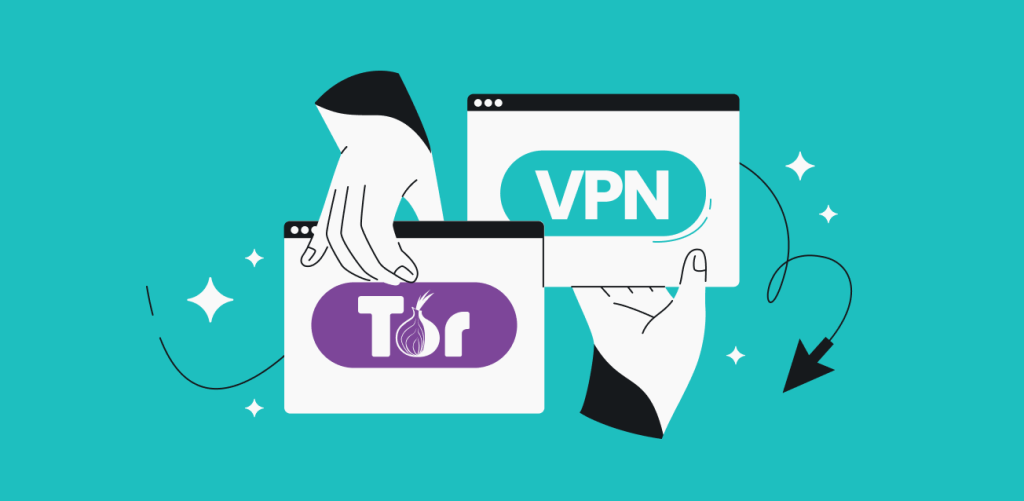
For users in high-risk situations where personal security is paramount, relying solely on a VPN may not suffice. In such cases, utilizing the Tor network, preferably through Tails, is recommended.
While both Tor and VPNs provide anonymity, they operate differently. Tor ensures anonymity, meaning your identity remains concealed, but it does not guarantee privacy. Although your activities may be visible to others, they cannot be linked back to you. Conversely, VPNs offer privacy by encrypting your traffic within a VPN tunnel, shielding it from prying eyes. However, your anonymity is compromised as the VPN provider possesses information about your identity.
Setting up Tor is straightforward; users need only download the Tor browser to access the web anonymously. However, browsing via Tor can be significantly slower due to the extensive routing process designed to protect anonymity.
While it’s possible to combine Tor with a VPN, this exceeds the scope of this guide. Users requiring maximum security should prioritize Tor over VPNs.
Express VPN
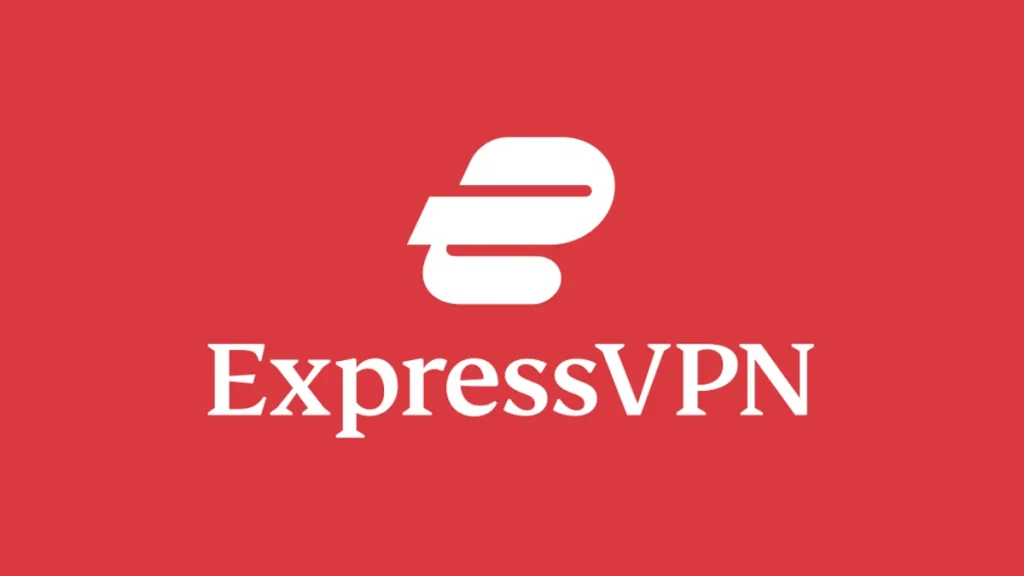
ExpressVPN is touted by many as one of the best VPN services in 2024. Let’s briefly look at its details in a few categories.
- Security. ExpressVPN offers excellent online protection with its inclusion of essential security features (kill switch, AES-256 encryption, leak protection) and some unique extras like Threat Manager.
- Performance. This VPN achieves impressive connection speeds with its one-of-a-kind Lightway protocol, which is built from scratch. Moreover, the undisclosed number of servers is dispersed across 105 countries to grant access to a wide range of regional content.
- Privacy. Customer confidentiality is guaranteed because ExpressVPN is located in the British Virgin Islands and has numerous independent audits that confirm its no-logging practices.
- Features. Signing up for ExpressVPN unlocks many tools for achieving your desired security, privacy, and convenience goals. For example, most apps include ad blocking, split tunneling, and even a password manager at no extra cost.
- Pricing. One of the main drawbacks of ExpressVPN is its above-average subscription price. Luckily, the provider includes a 30-day money-back guarantee if you feel your needs aren’t met.
Encryption
When you connect to a VPN server, your actual IP address is concealed (and you get to use VPN server’s IP) and the traffic becomes encrypted. It means the data stream is unreadable to those who don’t have encryption keys.
ExpressVPN uses strong AES-256 encryption to keep all your online activities unreadable to outsiders. Additionally, the Lightway protocol employs ChaCha20 encryption, which is more modern and faster than AES in most cases.
Network Lock
Network Lock (Network Protection for smartphones) is the name for ExpressVPN’s kill switch, which is usually a central component of any Virtual Private Network. If you’re using a VPN to protect your identity, the kill switch shuts down your Internet connection when the VPN connection gets interrupted or otherwise disrupted. This prevents unwanted leaks of your real IP and location.
You can easily turn on the Network Lock by heading to your settings. It’s also possible to disable or allow access to other local network devices like file servers and printers. This creates a block so strict that your device gets cut off from the local network. It can be handy if you’re using a VPN in a public place.
Plus, it can disable specific apps if you customize it like that. The feature is available on Windows, macOS, Linux, iOS, and Android.
ExpressVPN has three subscription options that only vary in price and duration. More precisely, the shortest 1-month plan costs $12.95/month, the 6-month middle tier costs 9.99, and the lengthiest 1-year option costs $6.67/month, resulting in a 49% overall discount.
Google One VPN
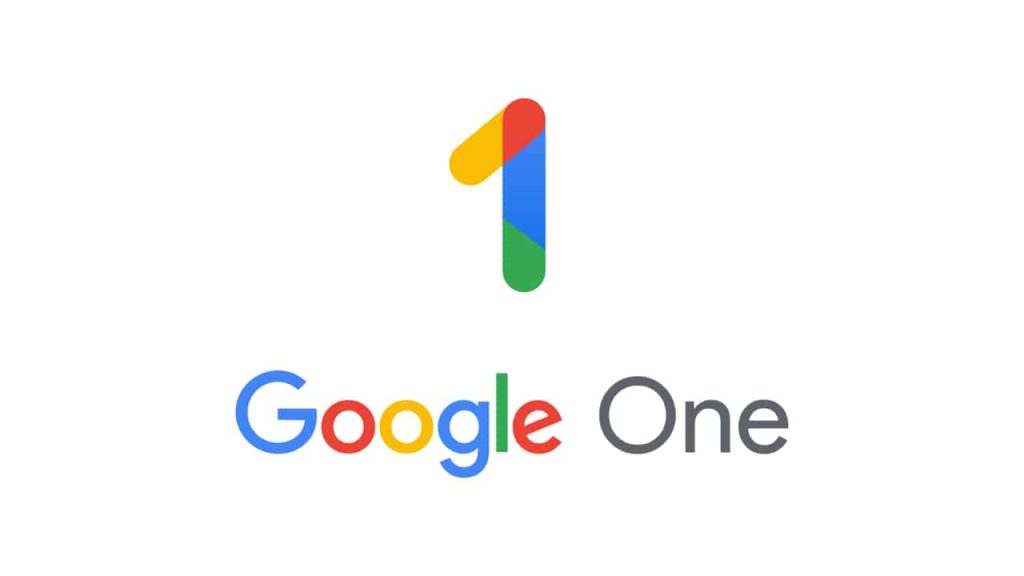
From search engines to cellphones to a smorgasbord of software and apps, Google holds a near-monolithic presence in day-to-day life for many people. It was only a matter of time before this multifarious hydra sprouted a head dedicated to VPNs.
As part of its Google One subscription service, Google launched Google One VPN using its vast resources and extensive (if opaque) server network. Unfortunately, this latest Google offering is one of the most disappointing VPN experiences we’ve come across with lacking features and next to nothing that sets it apart from competitors, aside from the brand name.
What Is Google One VPN?
- Google One VPN is a VPN app launched as part of Google’s Google One subscription service
- On top of the VPN, a Google One subscription includes extra features for Google apps, such as Photos and data storage
- The VPN itself is largely bereft of the features we expect from even a mediocre VPN, such as the ability to select where your IP address is coming from.
Google One VPN Core Features
Google One VPN doesn’t completely lack all the features we’d come to expect from a VPN. The split tunneling and internet kill switch did work as expected on Android which is nice. During our research for this review, we did come across some users reporting their IP address leaking while using the service, but we did not encounter that ourselves. That said, it does make us leery of the service’s ability to help provide safe, anonymous browsing. We tested the service’s Domain Name System (DNS) leak protection through websites, such as dnsleaktest.com and encountered no leaks, which is something we can’t say about all the VPNs we’ve covered, including some that made it onto our Best VPNs list. Overall, the core features work; we just wish there were more of them.
Google One VPN Pricing and Plans
Google One VPN is, by itself, not a complete product and is merely part of the larger Google One package. This package can include benefits, such as additional cloud storage up to 5TB, enhanced features for other Google apps, such as Google Photos and store credit reimbursement on Google Store purchases. These plans start at $1.99 per month for one month, which is much more cost-effective than most VPNs we’ve covered. However, it’s not a complete VPN, as it lacks features we expect. As it is, even many free VPNs offer more features. If you’re already looking at a Google One plan for its other features, however, the lowest-cost plan is extremely cheap.
Nord VPN
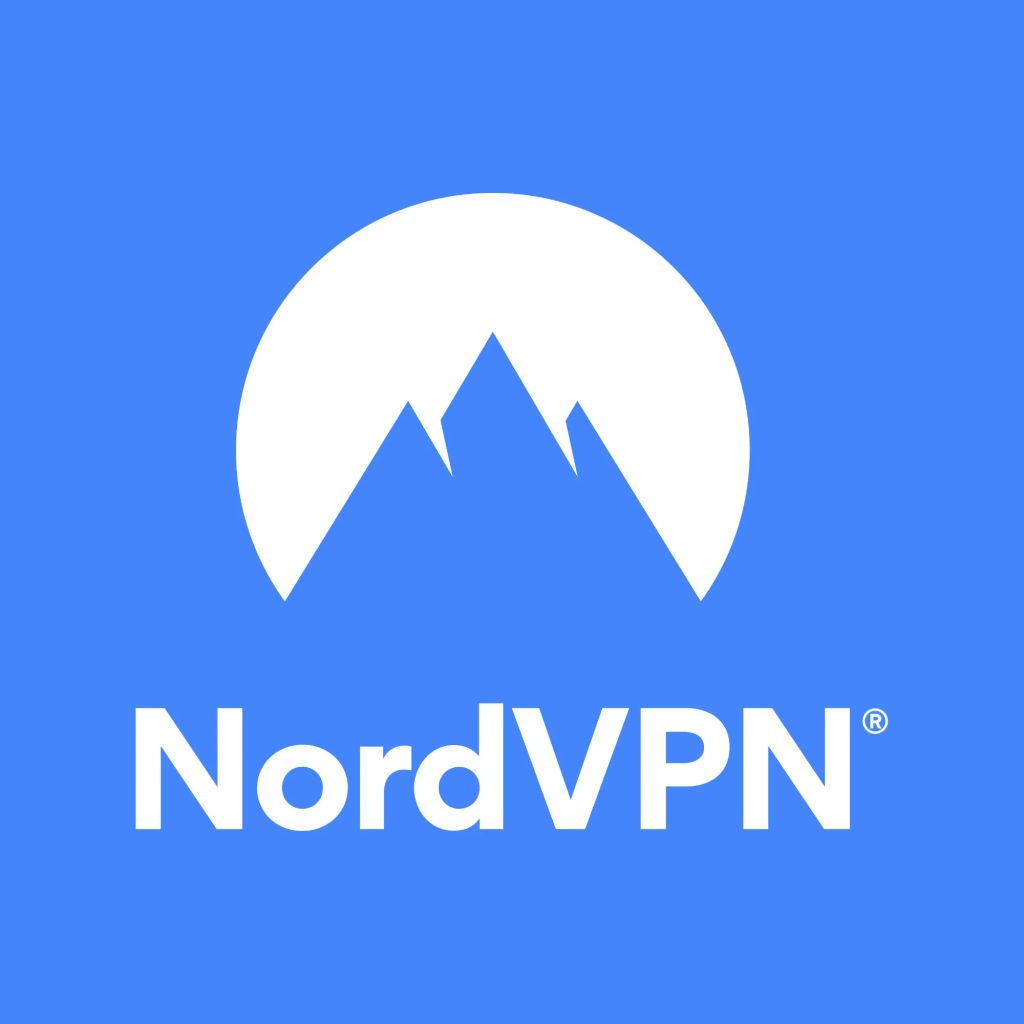
NordVPN boasts a server network of over 6,200 servers, surpassing competitors like ExpressVPN (3,000-plus) and Surfshark (3,200-plus servers). With servers in 111 countries, Nord’s global coverage slightly exceeds that of Express (105) and Surfshark (100). ProtonVPN and PIA offer fewer international locations, with 69 and 91 available countries, respectively. NordVPN’s extensive server network makes it an excellent choice for travelers.
Key points: NordVPN is notably the fastest VPN we tested, with minimal speed reduction regardless of the chosen VPN protocol. Its broad server network should accommodate many users, with servers in as many, if not more, countries than most competitors.
Regarding pricing, NordVPN offers attractive introductory rates, but standard price increases apply:
– Monthly plan: $13
– Annual plan: $60 for the first year (then $99 per year upon renewal)
– Two-year plan: $96 (then $99 annually upon renewal)
NordVPN provides a 30-day money-back guarantee and accepts various payment methods, including credit/debit cards, PayPal, AmazonPay, Google Pay, cryptocurrencies (Bitcoin, Ethereum), and retail stores.
NordVPN is compatible with various devices, including Windows, MacOS, Linux, Android/Android TV, iOS/iPadOS, Apple TV, and browsers. Its user-friendly apps offer features like Quick Connect and access to its extensive server network. However, competitors like ExpressVPN and Surfshark may offer more intuitive app experiences.
NordVPN’s app performance is commendable, with compatibility across numerous streaming devices and platforms. While it effectively unblocks major streaming services, such as Netflix and Disney Plus, occasional issues may arise with specific platforms.
Additional features like Meshnet and dedicated IP addresses enhance NordVPN’s appeal for power users. Meshnet enables users to create personal VPN servers, while dedicated IP addresses offer benefits like avoiding blocklists and ensuring uninterrupted access to streaming services and websites.
Are Free VPNs Worth Considering?
ProtonVPN’s free version is a viable option for users seeking cost-effective VPN solutions. Although it imposes limitations such as a single device connection and access to only three server locations, it offers essential privacy features without ads or logs.
However, users should exercise caution when considering free VPNs, as they may compromise privacy or security in exchange for no-cost services. The adage “if you’re not paying for it, you are the product” rings true in the VPN industry.
Fortunately, our recommended VPNs offer free trial options, allowing users to assess their suitability before committing. Additionally, for users prioritizing security over cost, Tor remains a reliable and free alternative.
Understanding VPN Limitations and Necessity
While VPNs offer valuable protection against snooping and data interception on public networks, it’s essential to acknowledge their limitations.
VPNs create a secure tunnel that shields data during transit between a user’s device and the accessed website or service. This prevents unauthorized access to sensitive information, particularly on unencrypted networks where data interception is a risk.
However, VPNs do not guarantee complete anonymity. While they mask users’ IP addresses and provide a degree of privacy, other methods of tracking and data collection persist. To enhance privacy, users should consider additional measures such as using privacy-focused web browsers or the Tor network.
Ultimately, VPNs are indispensable tools for safeguarding data privacy and security, particularly in scenarios involving public networks. However, users should remain vigilant and adopt comprehensive privacy practices to mitigate potential risks effectively.


